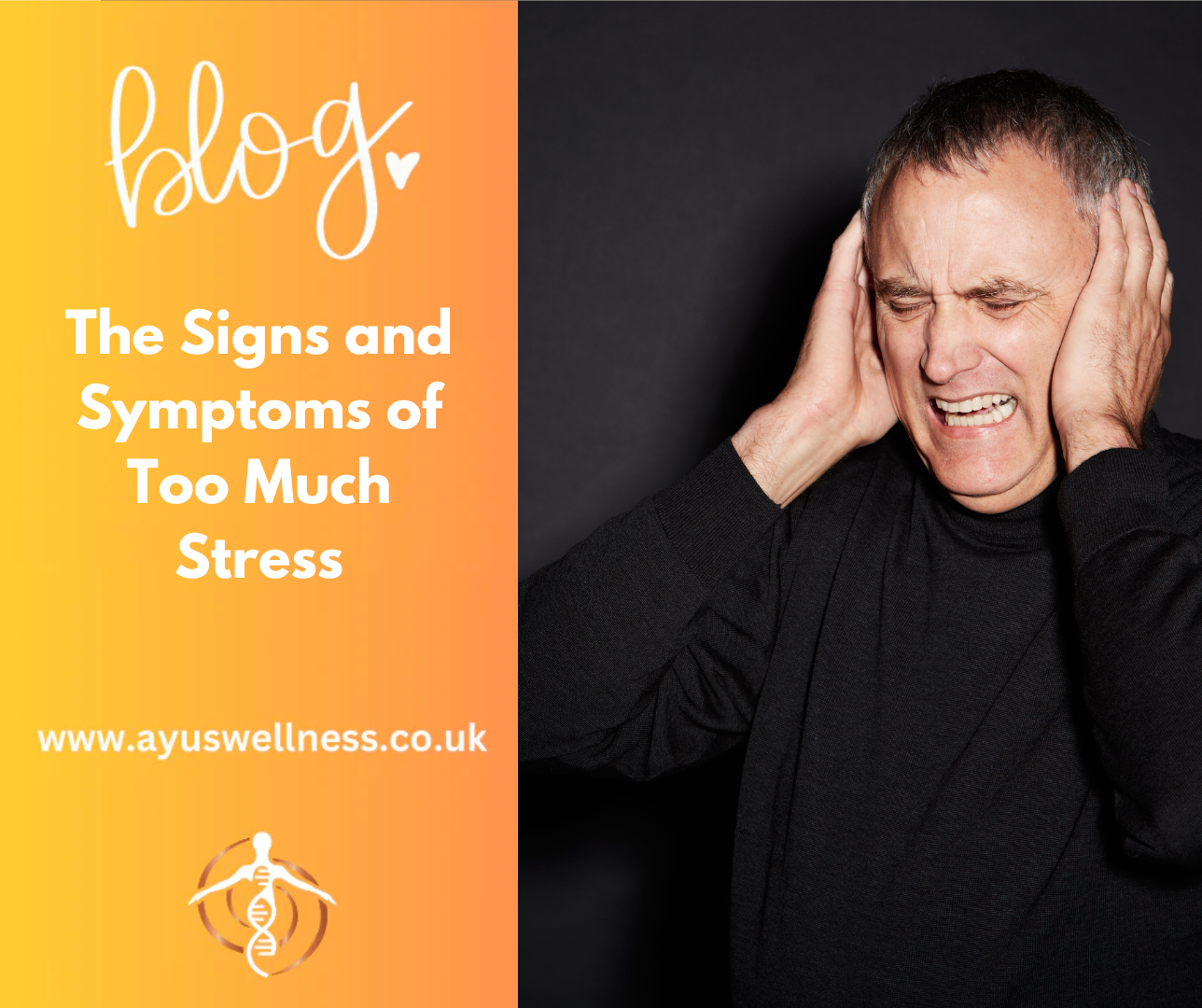
Stress is a natural part of life, but too much stress can have serious consequences for your physical and mental health. Recognizing the signs and symptoms of excessive stress is crucial for taking steps to manage it effectively. This blog will explore the common indicators of too much stress and offer tips for managing it.
Physical Symptoms
When you experience too much stress, your body reacts in various ways. Some of the most common physical symptoms include:
- Headaches: Frequent headaches or migraines can be a direct result of chronic stress.
- Muscle Tension: Stress often causes muscles to tighten, leading to pain and discomfort, especially in the neck, shoulders, and back.
- Fatigue: Persistent stress can lead to constant tiredness, even after a full night’s sleep.
- Digestive Issues: Stress can affect your digestive system, causing symptoms such as stomachaches, constipation, or diarrhea.
- Rapid Heartbeat: An increased heart rate or palpitations can be a sign of stress affecting your cardiovascular system.
Emotional Symptoms
Excessive stress also takes a toll on your emotional well-being. Look out for these emotional signs:
- Anxiety: Feeling constantly worried or on edge is a common response to stress.
- Depression: Chronic stress can lead to feelings of sadness, hopelessness, and a lack of interest in activities you once enjoyed.
- Irritability: Stress can make you more prone to anger and frustration, often leading to outbursts over minor issues.
- Mood Swings: Rapid changes in mood, from happiness to sadness or anger, can be a sign of stress.
Behavioral Symptoms
Your behavior can also change when you're dealing with too much stress. Be aware of these signs:
- Changes in Appetite: Stress can either increase or decrease your appetite, leading to weight gain or loss.
- Sleep Disturbances: Difficulty falling asleep, staying asleep, or experiencing restless sleep are common stress responses.
- Social Withdrawal: Avoiding social interactions and isolating yourself from friends and family can be a coping mechanism for stress.
- Substance Use: Increased use of alcohol, tobacco, or other substances can be a way to cope with stress, but it often exacerbates the problem.
Cognitive Symptoms
Stress affects your ability to think clearly and concentrate. Cognitive symptoms include:
- Memory Problems: Stress can impair your ability to remember information and events.
- Poor Concentration: Difficulty focusing on tasks or making decisions is a common stress-related issue.
- Negative Thinking: Persistent negative thoughts and a pessimistic outlook on life can result from chronic stress.
Managing Stress
Recognizing the signs of too much stress is the first step in managing it. Here are some effective strategies:
- Exercise Regularly: Physical activity can help reduce stress by releasing endorphins, which improve your mood.
- Practice Relaxation Techniques: Techniques such as deep breathing, meditation, and yoga can help calm your mind and reduce stress.
- Maintain a Healthy Diet: Eating a balanced diet can improve your overall well-being and help your body cope with stress.
- Get Enough Sleep: Prioritize good sleep hygiene to ensure you get restful sleep each night.
- Connect with Others: Talking to friends, family, or a therapist can provide support and help you manage stress.
Conclusion
Stress is an inevitable part of life, but excessive stress can have detrimental effects on your health and well-being. By recognizing the signs and symptoms of too much stress, you can take proactive steps to manage it effectively. Incorporating healthy habits and seeking support when needed can help you maintain balance and improve your quality of life.
If you find that stress is overwhelming and persistent, consider seeking professional help to develop a personalized plan for managing stress and improving your overall health.



